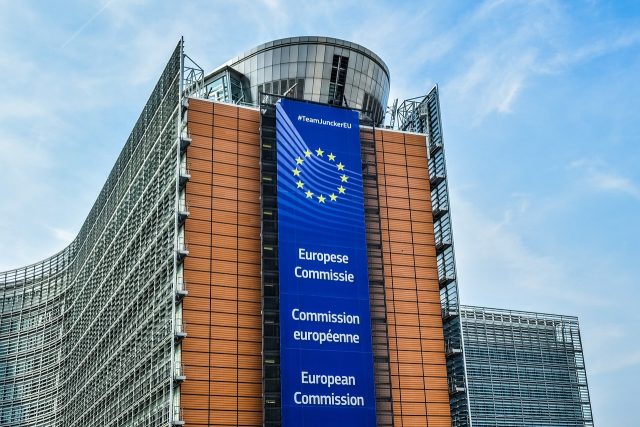
The New EU Plan Provides for a Budget Increase to Maximise Aid to Ukraine, Manage the Migration Emergency and Enhance Technological Sovereignty
Brussels asks to increase the European budget by 75 billion euros, 66 of which to be paid by the member states, between now and 2027, but Austria opposes causing an abrupt stop to the procedures. The Austrian government has severely criticized the expansion of the financial envelope requested by the European Commission in order to support Ukraine, manage the migration crisis and increase Europe’s technological power.
Karl Nehammer, Austrian chancellor and representative of the OVP conservatives, says that the European priority should concern the reallocation of the funds already requested from the member states, before asking for more to use for, at least questionable, reasons. Nehammer himself spoke to the Austrian public radio “Oe1-Morgenjournal” pointing out that there are already 480 billion euros of the European budget linked to items of expenditure already disbursed and before asking for new investments, the Commission could open to the redistribution of what has already been allocated. Austria, a net taxpayer, would be required to pay an additional 1.6 billion euros over four years, equal, in any case, to a fifth of the amount that Italy would possibly have to pay.
According to pre-pandemic data, Vienna contributes 1.5 billion euros net annually to European finances from its budget, and with the new proposal by the Commission, it could be close to 2 billion euros a year. The Austrian opposition is representing the guideline undertaken by other European countries on radical austerity in a particularly delicate historical period. Austria’s fiscal austerity has already been compared to that already expressed by the Netherlands, representing a considerable obstacle for Europe’s new foreign policies and embarrassing nations, such as Germany, which have always promoted Brussels’ new financial requests.
Vienna’s prudence is also due to the concrete risk that Austrian funds end up financing expansionary policies for third-party economies, such as the Mediterranean ones. Ursula von der Leyen has asked for 50 billion euros of the 75 extra-budget to finance community support for Ukraine in terms of investments and to concretely help the defence actions of the country invaded in the last year by the Russian Federation. Although the Austrian government had always condemned the Russian invasion and had in any case participated in the definition of the sanctions imposed on Moscow, it maintained a line of extremely rigid neutrality, even higher than that of neighbouring Switzerland, historically recognized as the neutral nation par excellence. Austria has also distinguished itself in some of the diplomatic mediation actions perpetrated in recent months, reaching out to both warring parties and actively seeking a solution to the conflict.
The Austrian position remains very delicate as trade relations with Russia, despite the sanctions, are still numerous and strategically relevant. Gas imports from Moscow have already dropped from 80% of total dependency in 2021 but remain around 57% after a year of sanctions. A similar situation certainly does not facilitate a vote in favour of a capital increase that will serve Europe to help Ukraine in the conflict against Russia which can be considered, to all intents and purposes, still an active partner of Vienna. The same public opinion does not welcome an indirect use of Austrian resources for concrete help to Ukraine. Given that the changes to the EU budget proposed by the Commission must be voted on by the European Council, i.e., by the heads of state and government, Austria’s unanimous opposition is becoming a long-running issue for the whole Union. Ursula von der Leyen’s intermediation with the Austrian government will be essential in the coming weeks to try to resolve the issue.
Alessandro Fiorentino



 Subscribe
Subscribe